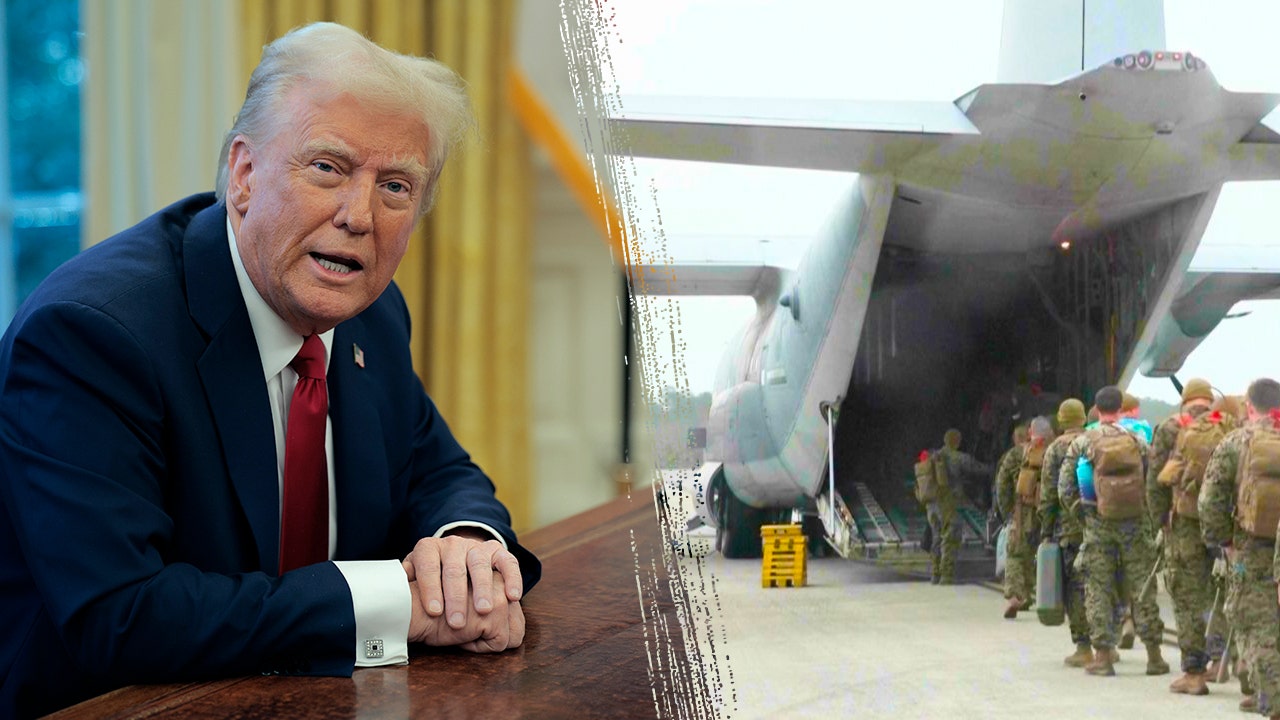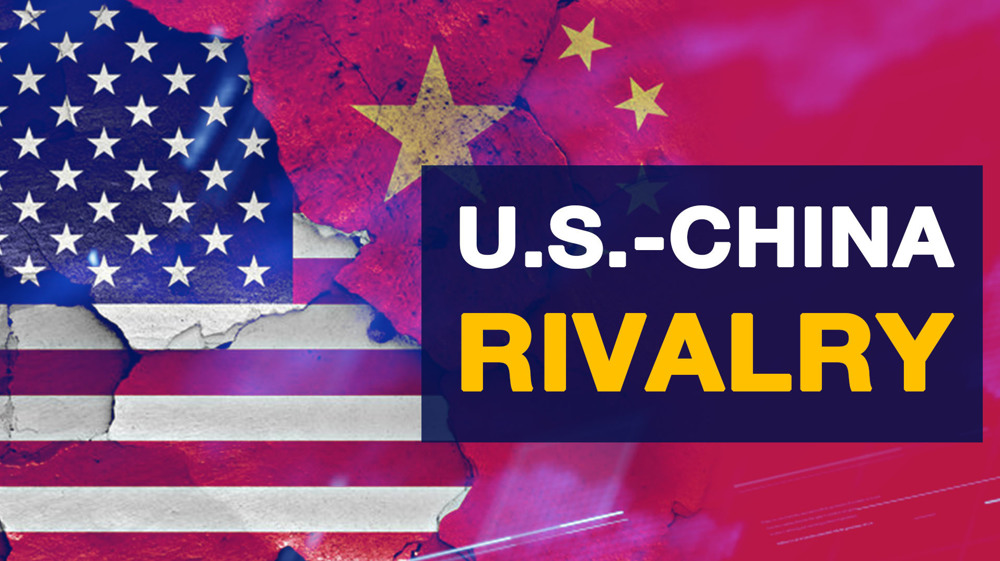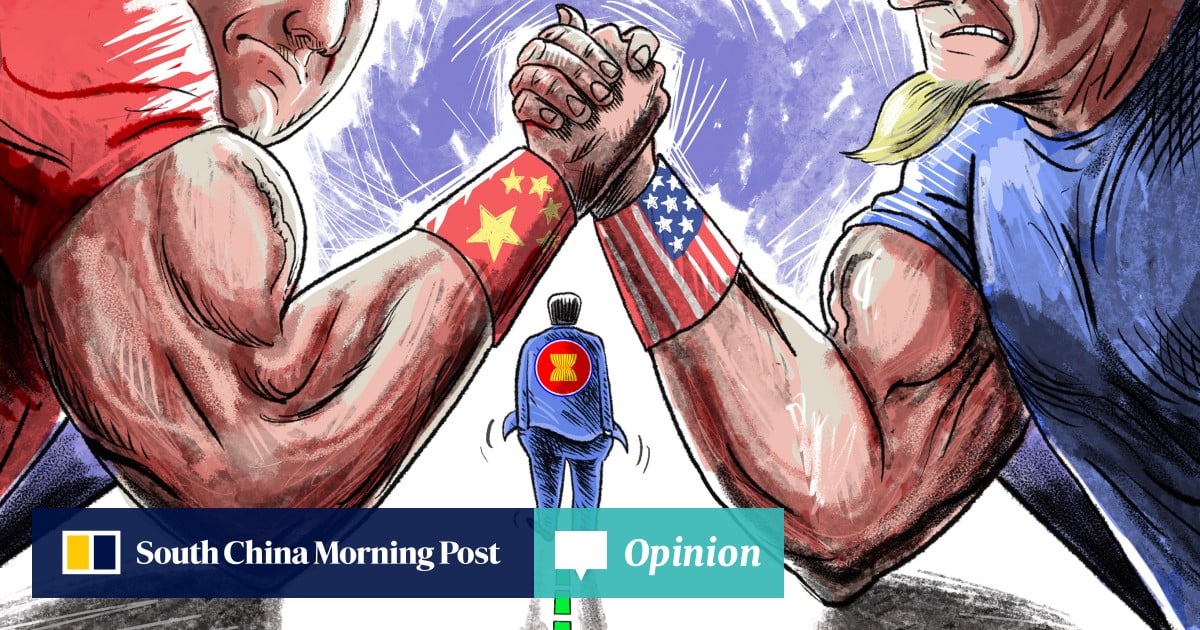
Trump Is Sending Thousands
of Troops to Latin America
But The Escalation Is About
Far More Than A “War On Drugs.”
Samuel Karlin / Left Voice & Popular Resistance
(August 16, 2025) — Trump’s escalation of aggressive military actions against Latin America is part of a larger policy, which aims to re-establish imperialist dominance in the Americas.
The Department of Defense has ordered the deployment of air and naval forces to the southern Caribbean Sea. On August 15, CNN reported that Trump is deploying 4,000 US sailors and Marines to Latin America, and that various military assets are being allocated to the US Southern Command including a nuclear-powered attack submarine, several destroyers, and a guided missile cruiser.
This operation comes after Donald Trump secretly signed an order last week directing the Pentagon to use the armed forces in the supposed “fight against drug cartels” in countries where groups declared “terrorist” exist, such as in Mexico, Haiti, El Salvador, and Venezuela.
The operation was confirmed by Secretary of State and National Security Advisor, Marco Rubio. This opens the door to armed interventions — seen in the case of Haiti — and once again places Venezuela at the center of accusations — and military aggression or coup threats. We are witnessing a major demonstration of military force, where behind the policy of supposedly combating drug trafficking lies the advance of imperialism as a regional police force.
Since Trump returned to office he has increasingly pursued an aggressive policy toward Latin America, a region which is at the center of the growing US-China rivalry. These recent military escalations are part of a larger strategy which seeks to revive the imperialist Monroe Doctrine as a way to curb China’s growing influence in Latin American markets and geopolitics.
The military escalations come as Trump has also escalated economic threats against a variety of Latin American countries that have not fully assented to his plans to subordinate the region to the United States. These threats include an unprecedented feud with Brazil and cartoonishly delusional threats of regime change in Venezuela.
As Milton D’Leon and Sandra Romero put it in Left Voice’s sister site La Izquierda Diario Venezuela:
In a context of growing instability and political polarization, geopolitical disputes with China and Russia, the risk of popular uprisings like the recent ones in Panama against the Mulino government—also protesting the United States’ policy of seizing the Panama Canal—and the global response of mobilizations for Palestine, the Pentagon is choosing to directly project its military power to ensure control over trade, energy, and strategic routes, sending a message of discipline to the entire region. ‘
This operation marks a shift in imperialist strategy: from delegating repressive control to local armies and police forces to deploying its own warships, aircraft, and troops on the front lines. A leap that seeks to reinforce a declining hegemony and block any independent policy or influence from rival powers, reviving the “backyard” doctrine through methods of direct intervention.

Latin America has long suffered from being treated as the “backyard” of the United States. US imperialism has killed millions of people throughout Latin America and the Caribbean by orchestrating and supporting violent coups, subjecting countries to sanctions and blockades (especially devastating in the case of Cuba), and training repressive forces throughout the region. In recent decades the so-called “war on drugs” has been one of the main justifications for US intervention in Latin America. As D’Leon and Romero put it:
Historical experience shows that the “war on drugs” has not reduced drug cultivation, production, or trafficking. What it has achieved is legitimizing the growing US military presence on our continent. Colombia, Mexico, Central America, and now the Caribbean function as laboratories for a strategy that, under the pretext of combating drug trafficking, seeks to consolidate political, social, and military control.
This deployment is not simply about imposing brute force; it is part of a broader positioning in the struggle for regional hegemony. The United States seeks not only to guarantee the subordination of local governments and elites, but also to shape consensus and legitimize power structures that sustain its economic and strategic dominance.
Militarization and social control operations are part of a power structure that combines coercion and persuasion, articulating institutions, narratives, and political alliances to maintain US supremacy against rival powers and any initiative for regional autonomy. In this sense, the “war on drugs” functions as an instrument of hegemony: it presents itself as a legitimate security policy while ensuring the obedience of states and restricting the space for sovereign or independent projects in Latin America.

All of this adds to the very violence and instability that fuels much of the migration from Latin America and the Caribbean to the United States, which Trump is now using as an excuse to ramp up militarization against working class and oppressed communities within the United States.
Workers and popular sectors throughout Latin America and the Caribbean are the most in danger as the Trump administration increases its aggressive policies toward the region, but workers in the United States are also facing the threat of growing militarization. This is all part of Trump’s larger focus on economically reorganizing the Americas as a whole and attacking workers throughout in order to strengthen US imperialism’s position against China. ‘
For this reason, it is essential that workers in the United States unite with our class siblings throughout Latin America and the Caribbean against this militarization which seeks to dominate whole countries under the guise of a “war on drugs.” This is really a war on workers from Venezuela to Mexico, Cuba to Haiti, Brazil to the United States. It must be fiercely resisted.
